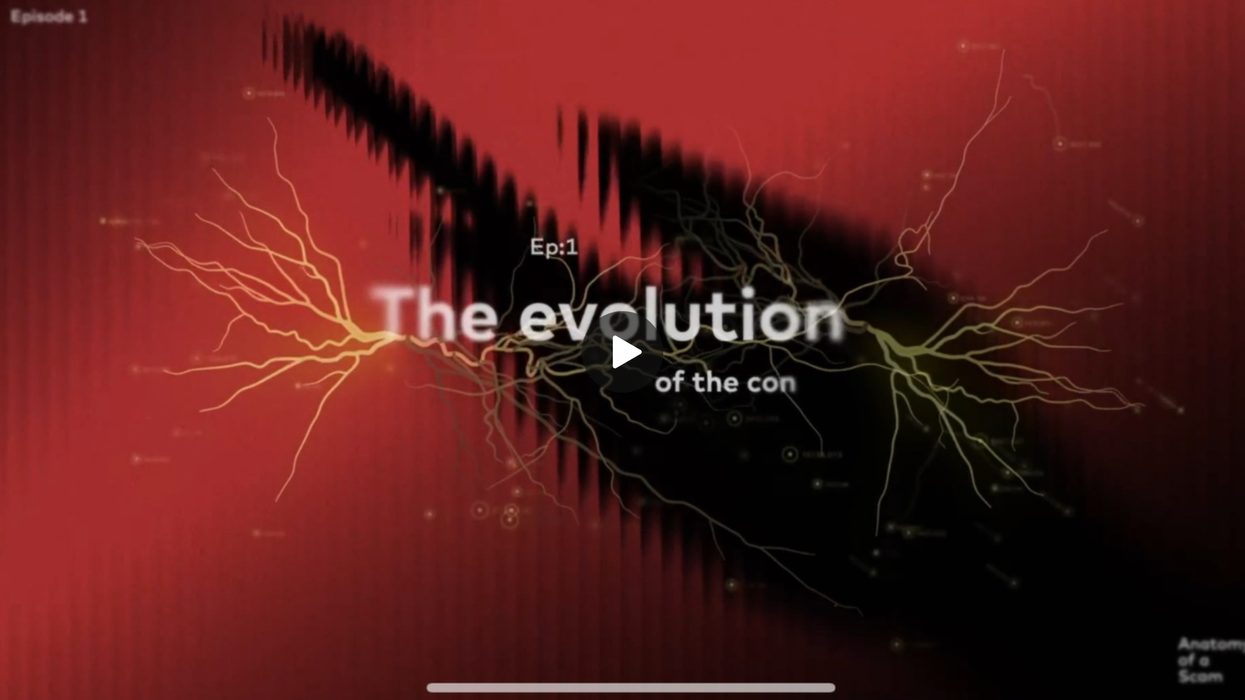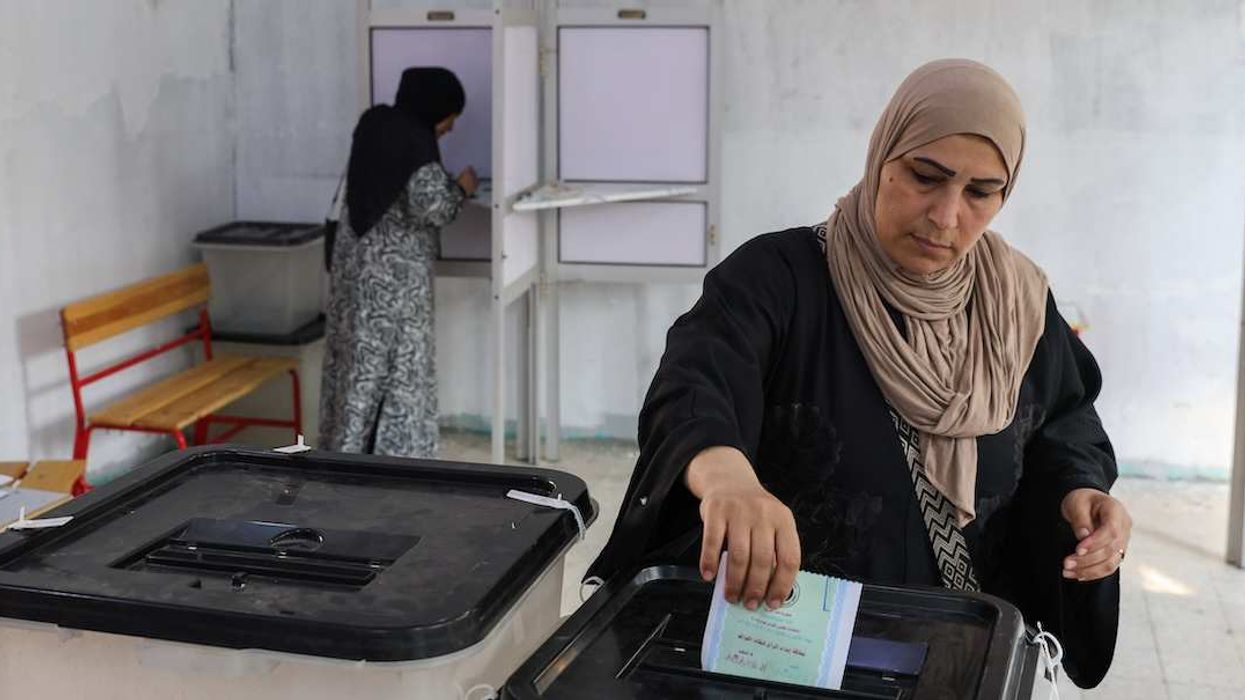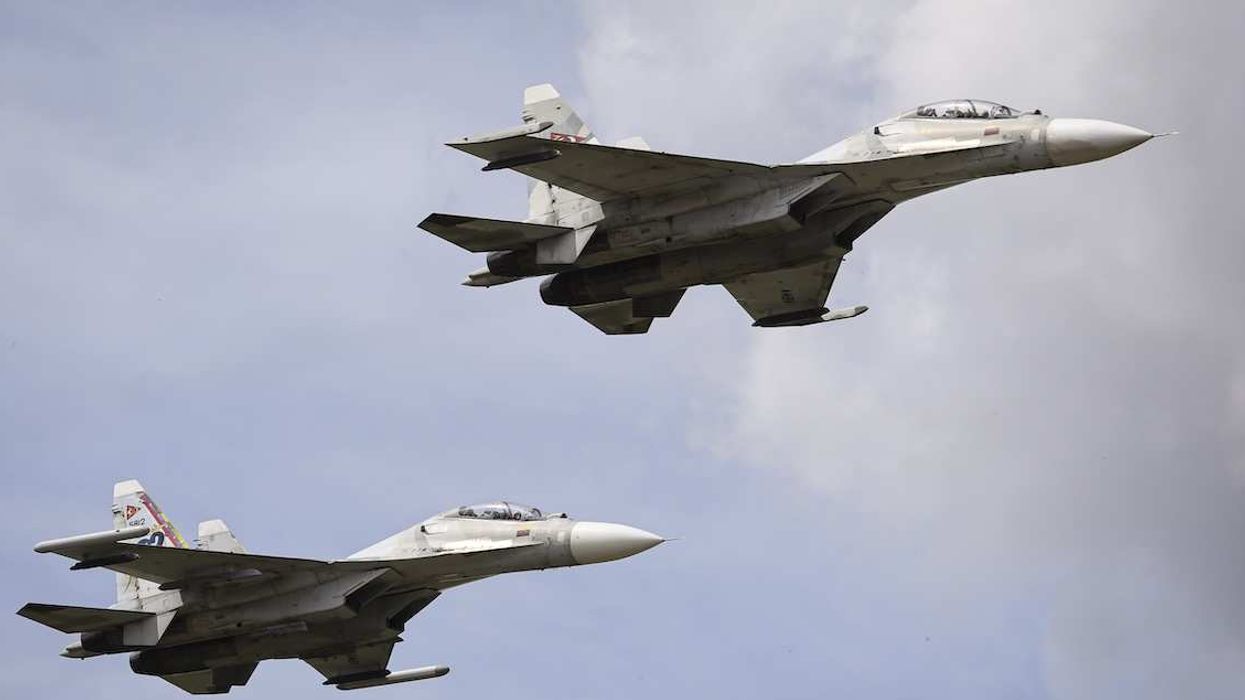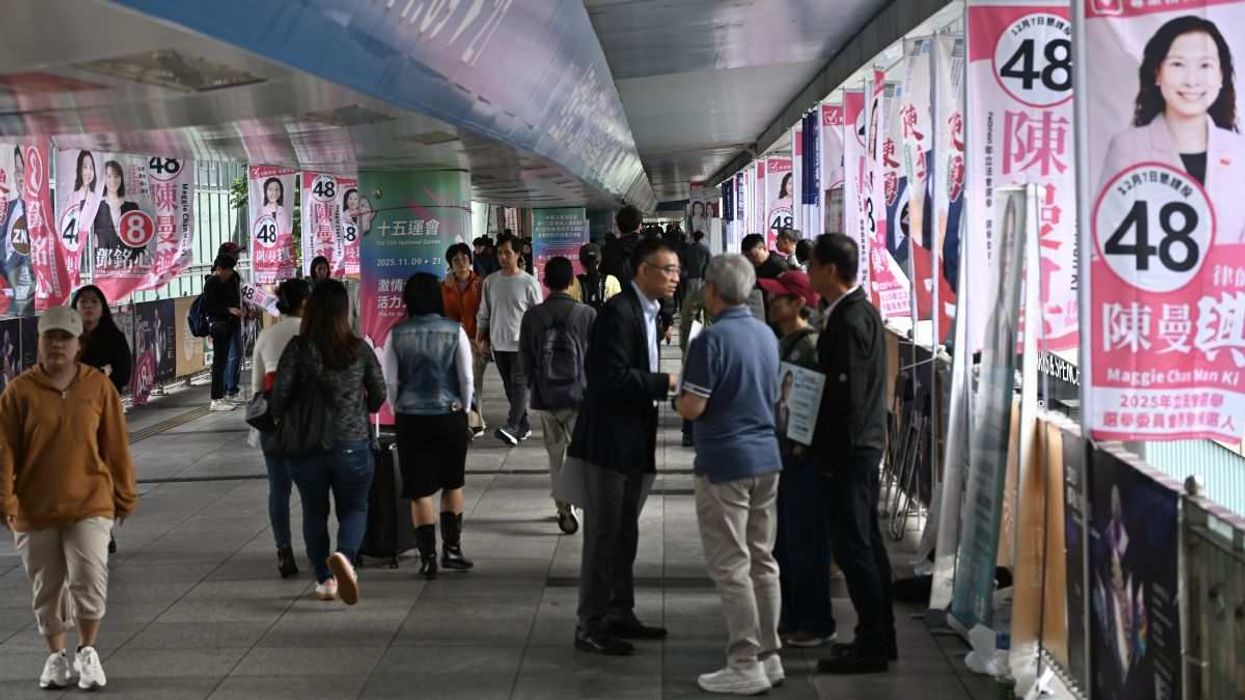Sometimes the biggest global stories play out in the smallest places. Last week a political crisis in the Maldives, a tiny, idyllic island nation in the Indian Ocean, gave us a glimpse of broader geopolitical tensions between two giants: India and China.
The immediate cause of the current turmoil in the Maldives is a bitter rivalry between the head-cracking current president, Abdallah Yameen, and exiled former president, Mohamed Nasheed, who leads the opposition.
But things took on a global dimension fast when Nasheed called on India to send in troops to restore order and roll back Chinese influence on the islands.
The broader story is that while the Maldives have historically been close to India, President Yameen has tilted the country towards China economically since taking office in 2013, courting infrastructure investment, tourism flows, and signing a free trade deal with Beijing.
As you can imagine, the Indians don't like that, particularly since China is also spending billions on Indian Ocean ports and related infrastructure in neighboring Pakistan (an adversary), Sri Lanka, Bangladesh, and Nepal (all friends).
From China's perspective it's a no-brainer — some two-thirds of the world's oil shipments cross the Indian Ocean, and those waterways are a critical part of Beijing's Belt and Road Initiative. But for India it's a direct challenge to what New Delhi sees as its own historic sphere of influence.
The Indians and Chinese won't get into a real tussle over the Maldives, the islands are too small fry for that. But relations between the two Asian giants are already touchy. They still can't agree on a border more than 50 years after fighting a war over the issue, and they nearly came to blows last summer over a remote mountain road.
Last week's episode is a reminder that as China seeks greater commercial and strategic influence in Asia in the coming years, frictions between the world's two most populous nations — one a democracy, the other an autocracy — are set to grow.


















